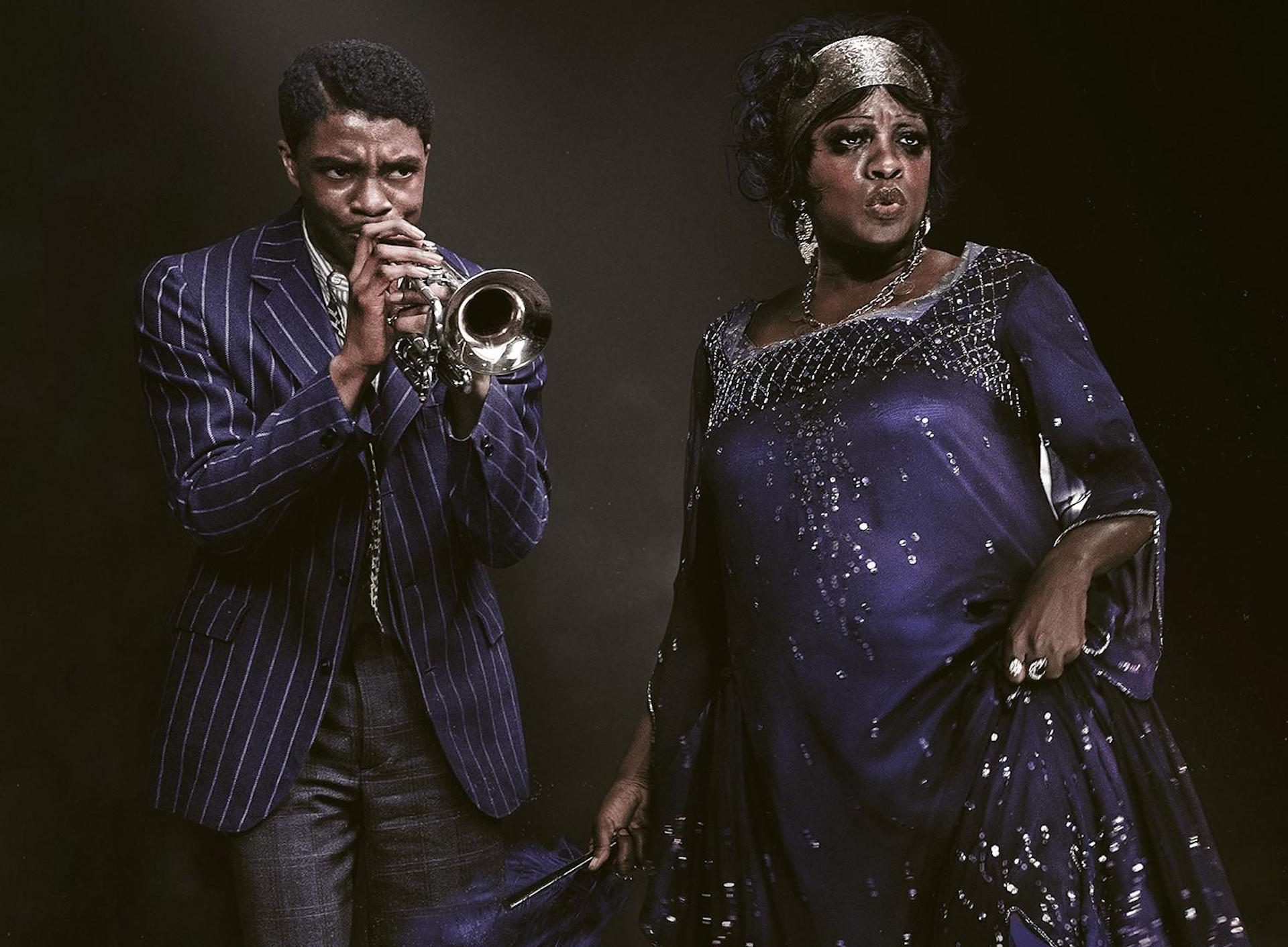
Virtual panel discussion marks premiere of film of August Wilson’s ‘Ma Rainey’
-
Bill O'Driscoll/WESA

(Pittsburgh) — “Ma Rainey’s Black Bottom” was August Wilson’s first play to hit Broadway. Now it’s his second to become a feature film. The Pittsburgh-born playwright’s namesake August Wilson Center for African American Culture marks the occasion with a virtual panel discussion featuring some of the new film’s distinguished creative team.
The panel on Friday, Dec. 18 – the same day the film premieres on Netflix – includes director and Broadway veteran George C. Wolfe; the film’s screenwriter, the actor and Wilson collaborator Ruben Santiago-Hudson; and Constanza Romero, Wilson’s widow and the film’s executive producer. Moderator Jessica Lanay, the Center’s literary curator, says Wilson’s drama illuminates the little-known roots of American popular culture.
“Ma Rainey’s Black Bottom” is a fictionalized account of the titular blues pioneer and her band undertaking some tension-filled sessions at a white-owned recording studio in Chicago, in 1927. It stars Viola Davis as Ma, and, in his final role, the late Chadwick Boseman as the mercurial trumpeter Levee.

Music and singing, especially the blues, figure prominently in most of the 10 plays in Wilson’s famed Century Cycle. But it’s “Ma Rainey” that most explicitly addresses the fundamental role of the blues in American culture. It also summons the world of traveling tent shows and vaudeville in which Gertrude “Ma” Rainey (born in Georgia, in 1886) launched her career. Alongside the personal and artistic conflicts between the musicians, the play and film highlight how the white businessmen who controlled the recording industry exploited the talents of Black artists.
As a drama about the world of popular entertainment, “[it]’s not like anything that I’ve ever really seen,” said Lanay. “Ruben Santiago-Hudson and George C. Wolfe are really paying a lot of respect to Ma Rainey’s identity as a bisexual Black woman in the early 20th century, and it’s very explicit in the film that this is a just a part of the way that she’s living her life, and the contention that has in the white community as well as the Black community.”
“Ma Rainey’s” premiered on Broadway in 1984 – six years after Wilson left his hometown of Pittsburgh for St. Paul, Minn. The film is the second offering in Denzel Washington’s initiative to bring all 10 Century Cycle plays to the screen. Like the first, 2016’s “Fences,” it was filmed in Pittsburgh, with a partly disguised West North Avenue, on the North Side, standing in for Chicago. “Ma Rainey” is the lone Century Cycle play not set in Pittsburgh.
- Constanza Romero is Wilson’s widow and the film’s executive producer.
- Ruben Santiago-Hudson wrote the film’s screenplay.
Lanay prerecorded her talk with Wolfe, Santiago-Hudson and Romero, which celebrates the achievements of both Rainey and Wilson. Along with discussing the historical and cultural context of the film’s fictional events, she said, “We were talking about what it’s like to preserve the legacy, preserve August Wilson’s voice, while also understand that there are themes that are particularly salient to the moment that must be addressed via this filmic adaption.”
“Ma Rainey,” which has already had a limited theatrical run, has received glowing advance reviews. Lanay, who previewed the film, said she was particularly struck by Davis’ portrayal of Ma, and what she calls the singer’s “rage.”
“Ma Rainey’s rage and the way she is depicted in this film is not in excess,” said Lanay. “It comes from the exhaustation of dealing with racism, especially against black women in the early 20th century. It was something that she needed in order for her to survive.”





